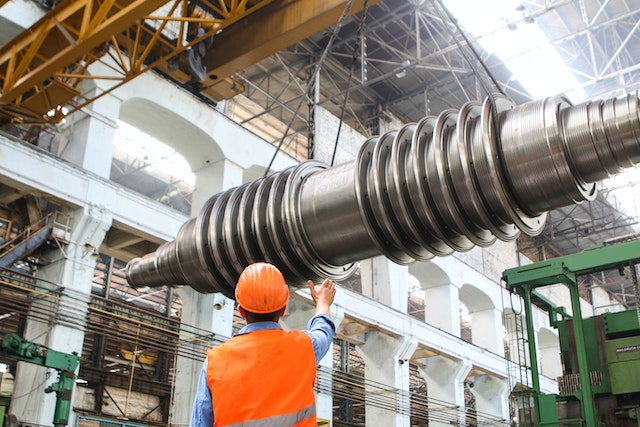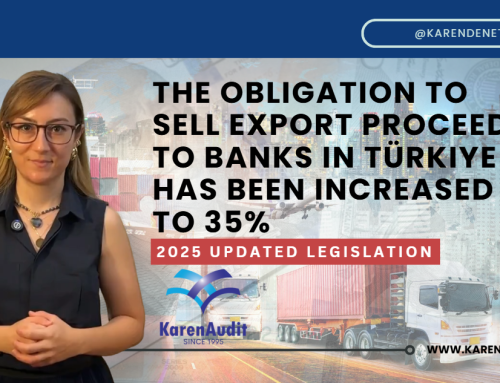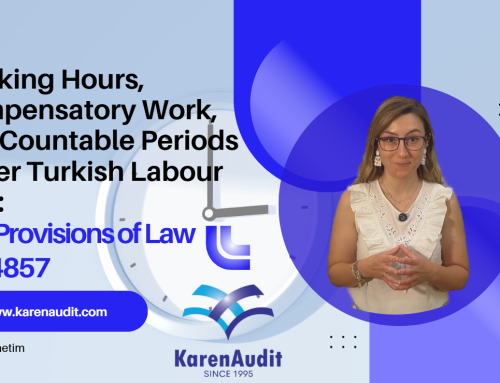The absence of a strong industrial policy is causing the European economy to fall further and further behind. The EU is lagging far behind China and the United States. Rather than developing policies based on its own strengths, the billions it invests are mainly used to limit its backwardness. In its report ‘Industrial policy: old dog, new tricks?’, credit insurer Allianz Trade argues that this is a dead end.
Industrial policy and subsidies are more relevant than ever, says the credit insurer. According to the report, in 2023, governments implemented 2,642 industrial policies. The most popular are those that grant subsidies to local industries and businesses. The United States, China and India are models in this respect. Among the best-known recent examples are the US Inflation Reduction Act (IRA) and the CHIPS and Science Acts. The European Union has reacted with astonishment to these protectionist measures, describing them as violations of the rules of the World Trade Organisation.
As for Europe, it has itself adopted the Green Deal and the Regulation for a Net Zero Industry, among others. Allianz Trade believes that the EU’s industrial policy is a balancing act gone too far. The policy pursues a wide range of underlying objectives, such as balancing the green and digital transitions, preserving the single market, promoting innovation and maintaining national control over policies. The strategy also targets a range of sectors such as semiconductor technologies, hydrogen, industrial data, space launchers and zero-emission aviation. According to the credit insurer, the technology neutrality of European industrial policy has led to less targeted support for innovative technologies than in the US.
Too much action to catch up
Enjoying each other’s company
World leader
Thinking two steps ahead
Source: Allianz Trade
Legal Notice: The information in this article is intended for information purposes only. It is not intended for professional information purposes specific to a person or an institution. Every institution has different requirements because of its own circumstances even though they bear a resemblance to each other. Consequently, it is your interest to consult on an expert before taking a decision based on information stated in this article and putting into practice. Neither Karen Audit nor related person or institutions are not responsible for any damages or losses that might occur in consequence of the use of the information in this article by private or formal, real or legal person and institutions.






